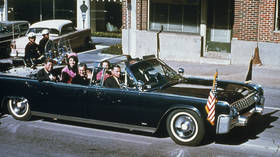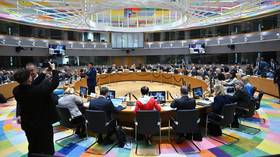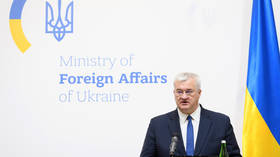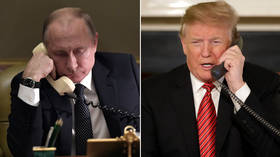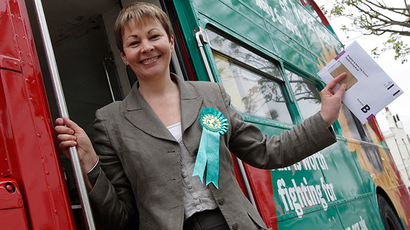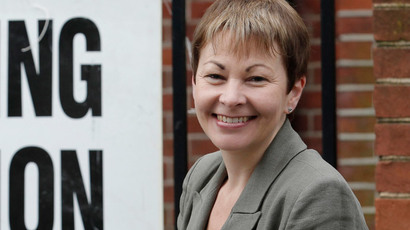‘Old boys club’: 217,000 sign petition demanding place for Greens in TV election debates
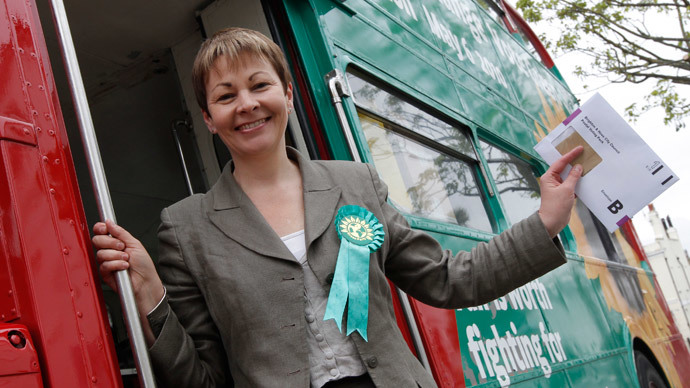
An online petition calling on British broadcasters to include the Green Party in a series of TV debates in the run-up to the next general election has attracted a surge in support, and now has over 217,000 signatories.
Launched in early October by Green Party advocate Robyn Meadwell, the petition warns the exclusion of the Greens from the upcoming televised debates is unrepresentative of popular opinion and an insult to women in politics, and throughout the wider UK.
“By excluding a party with a female leader, we are sending a clear message to the public – politics is still an old boys club,” the petition says. It directly addresses the BBC, ITV, Channel 4 and Sky.
The BBC rejected the Greens bid to be included in the debates alongside UKIP, claiming it had not demonstrated a significant increase in support.
Read more:Green Party beats Lib Dems in poll, gets rejected from BBC debates
In an official letter addressed to the Green Party, the taxpayer-funded broadcaster acknowledged that support for the Liberal Democratic Party is falling, but said the Green vote isn’t increasing substantially and opinion polls indicate it has failed to draw level with that of Nick Clegg's party.
The BBC claimed even if such an eventuality occurred, it would refer to the 2010 general election as a benchmark for predicting future trends in both parties’ performance in the polls.
Clegg’s party won over 50 seats and 23 percent of the vote in 2010, demonstrating levels of electoral support which substantially eclipsed that of the Greens.

Another online petition calling for the Green Party to be invited to the electoral TV debates has attracted over ten thousand signatures.
British broadcasters ITV, Channel 4, Sky and the BBC have proposed three separate debates – one featuring UKIP, the Liberal Democrats, Labour and the Conservatives, a second comprised of the Lib Dems, Labour and the Conservatives, and a third between Labour leader Ed Miliband and Prime Minister David Cameron.
While the BBC said it would continue to monitor the polls for evidence of increased support for the Greens, it made no firm commitment to include Natalie Bennett’s party in the debates.
The Green Party’s exclusion from the televised debates, widely accepted to be a vital pre-electoral platform for reaching voters prior to May 2015, has stoked the ire of its members and supporters nationwide.
Get involved, don't let the BBC choose which parties frame the debate come election time #BBC#UKIP#GreenPartyhttps://t.co/zt6VXnl4aw
— Jack Weston (@jackvweston) November 5, 2014
Green Party leader Natalie Bennett warned last week the BBC’s lens was apparently focused on the past, and had failed to grapple with current and rising levels of interest in the party.
Her frustration was echoed earlier this month by Scottish National Party deputy leader Nicola Sturgeon, who said it was unacceptable the SNP had been excluded from the debates' proposed format.
Read more:UKIP’s Farage invited to election debate, snubbed Green Party considers legal action
Green Party members in the district of Stroud expressed anger on Wednesday at the BBC’s decision to deny the party an opportunity to debate against opposition leaders on air.
Green Party parliamentary candidate for Stroud, Chris Jockel, said recent developments marked a clear erosion of democratic representation in Britain.
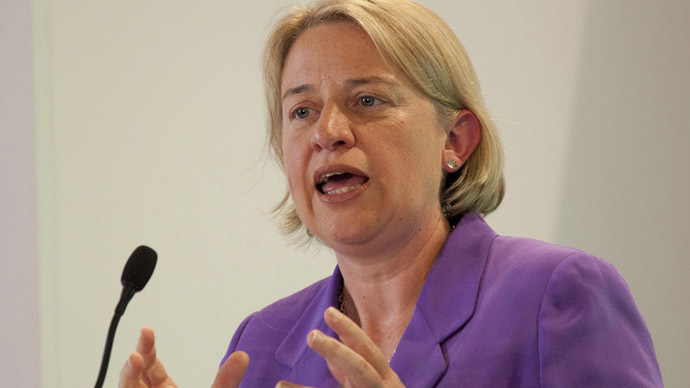
Jockel added Britain’s political landscape is undergoing rapid change as a result of younger voters’ engagement with social media platforms and the Scottish independence debate.
“It has woken people up to the realization that you don’t have to vote for any of the three, tired, indistinguishable party leaders or a wild card UKIP comedian,” he said.
Following the launch of the online petition demanding the Greens be given a televised platform to debate against opposition parties, UK citizen Keith Randall argued he would like to see all five major UK parties feature in the debates.
“I want someone who can challenge Farage's guff with more credence than the limp three,” he said.
“Problems need dealing with holistically, not on a pick and choose or divide and rule basis.”





